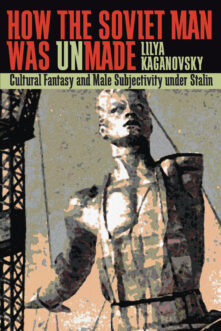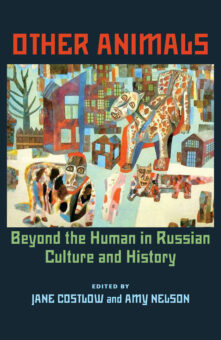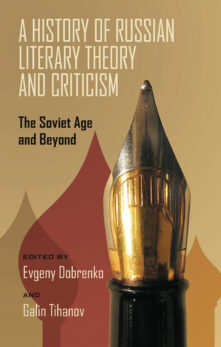Books

How the Soviet Man Was Unmade
Cultural Fantasy and Male Subjectivity under Stalin

Other Animals
Beyond the Human in Russian Culture and History

A History of Russian Literary Theory and Criticism
The Soviet Age and Beyond
Total 3 results found.



Total 3 results found.